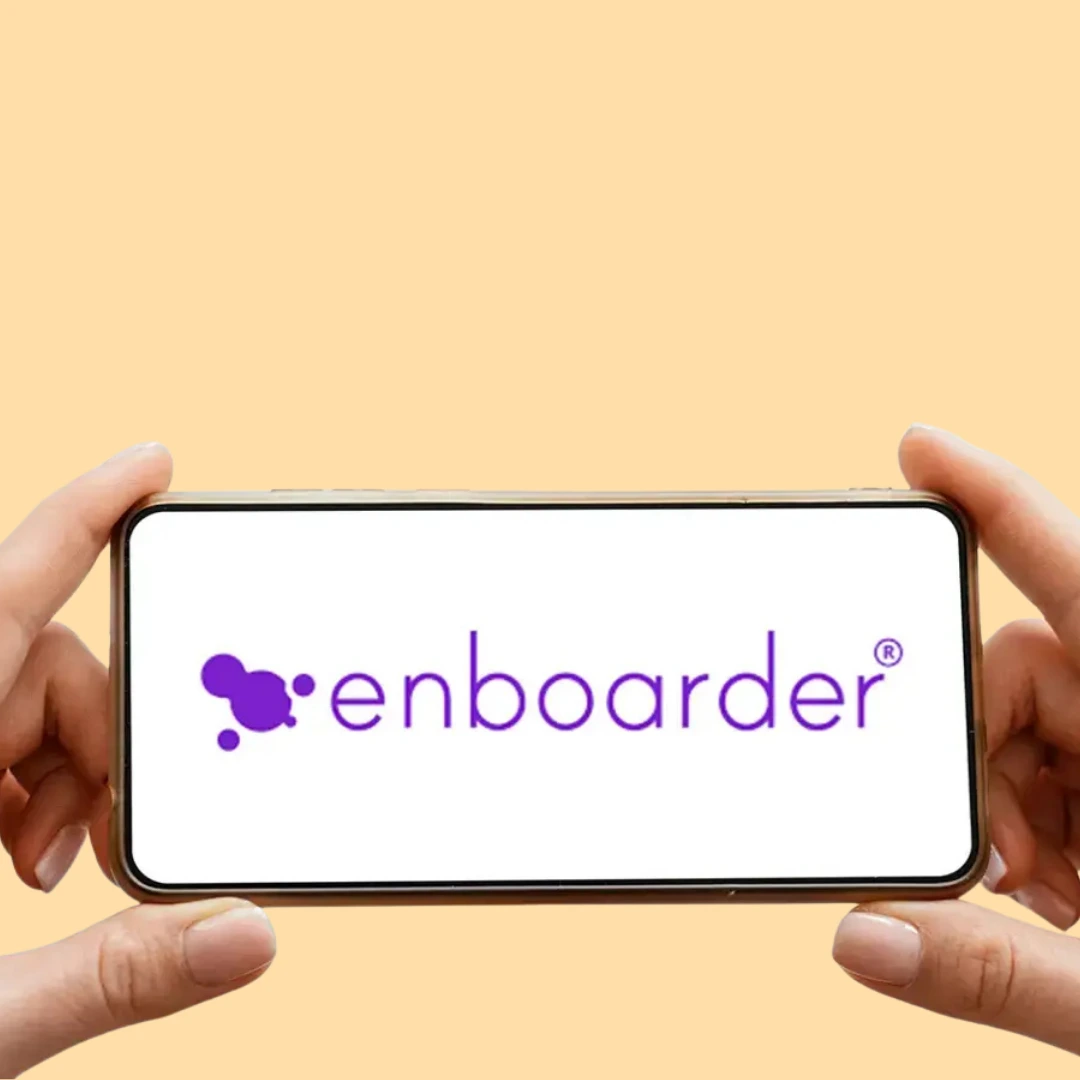Employee onboarding is a foundational phase in the employee lifecycle that sets the tone for future engagement, performance, and retention. In 2025, organizations are increasingly recognizing the importance of effective onboarding practices, with new trends and data highlighting its impact. Here are 118 key statistics to inform your strategies:
Key Employee Onboarding Statistics for 2025
General Onboarding Statistics
- 88% of organizations now have a formalized onboarding process (SHRM).
- 76% of HR leaders believe onboarding is critical for employee retention (LinkedIn).
- Employees who experience structured onboarding are 69% more likely to stay with the company for three years (Glassdoor).
- 23% of new hires quit their job within the first six months due to poor onboarding (Gallup).
- Organizations with a robust onboarding process improve new hire productivity by 54% (Workplace Insights).
- 46% of companies have implemented digital onboarding tools (HR Tech Survey).
- Companies with comprehensive onboarding programs are 50% more likely to retain new hires for at least one year (Deloitte).
- 39% of companies plan to invest more in onboarding in the next two years (HR Trends).
- New hires who feel welcomed in their first week are 58% more likely to be productive (Employee Surveys).
- Only 33% of organizations customize onboarding processes for different roles (Workplace Insights).
- 63% of companies have onboarding processes that include clear career path discussions (HR Pathways Report).
- Organizations that implement gamification in onboarding see 22% higher engagement levels (Gamification Insights).
- 47% of HR professionals say inadequate onboarding contributes to poor workplace culture (HR Culture Insights).
- 41% of small businesses still rely solely on manual onboarding processes (Small Business Trends).
- New hire paperwork completion times have decreased by 30% with the introduction of digital forms (Efficiency Metrics).
- 90% of HR teams believe onboarding is directly linked to long-term employee engagement (Engagement Report).
- 33% of employees consider leaving their job within the first 90 days due to poor onboarding (Workplace Dynamics).
- 57% of new hires cite a lack of role clarity during onboarding as a challenge (Role Insights).
- 85% of organizations agree that effective onboarding directly improves employee satisfaction (Satisfaction Metrics).
- 49% of employees who underwent onboarding said mentorship programs significantly improved their experience (Mentorship Impact Study).
Impact on Employee Engagement
- 70% of employees report feeling more engaged when they experience a positive onboarding process (Gallup).
- 58% of new hires believe onboarding directly impacts their connection to company culture (Workplace Analytics).
- 45% of employees who had poor onboarding felt disconnected from their peers (Employee Trends).
- New hires who felt supported during onboarding were 80% more likely to feel engaged at work (SHRM).
- 68% of companies report higher engagement scores for employees who experienced structured onboarding (Culture Survey).
- 72% of employees say their onboarding experience shaped their overall impression of the organization (HR Insights).
- Employees who received team introductions during onboarding are 49% more likely to collaborate effectively (Team Dynamics Report).
- 36% of employees cite better peer relationships due to team-building activities during onboarding (Team Building Survey).
- 62% of companies offer peer mentorship during onboarding to boost team integration (Mentorship Data).
- Employees who completed onboarding surveys reported 35% higher job satisfaction (Survey Analytics).
- Regular check-ins during onboarding increased new hire retention by 23% (Engagement Metrics).
- 41% of employees feel more confident when provided a clear onboarding roadmap (Onboarding Roadmap Study).
- 25% of organizations now provide mental health support during onboarding (Wellness Inclusion Report).
- 65% of employees who participated in onboarding buddy programs reported stronger connections to team culture (Buddy Program Report).
- New hires with personalized onboarding plans showed a 19% increase in productivity during their first 90 days (Personalization Impact Study).
Technology in Onboarding
- 64% of companies use onboarding software to streamline the process (Tech Trends).
- Virtual onboarding programs have increased by 37% in hybrid workplaces (Remote Insights).
- 82% of organizations report higher satisfaction rates among employees onboarded digitally (HR Tech Insights).
- Companies using AI in onboarding saw a 29% reduction in time-to-productivity (AI Workplace Trends).
- 45% of HR teams say onboarding apps improved task completion rates among new hires (App Insights).
- Digital onboarding platforms save organizations an average of 18 hours per new hire (Workplace Efficiency Report).
- Video-based onboarding content is now used by 62% of companies (Video Trends).
- 54% of employees prefer mobile-friendly onboarding platforms (Mobile Trends Survey).
- Companies using onboarding dashboards report a 19% improvement in task tracking (Dashboard Insights).
- 35% of organizations plan to integrate virtual reality (VR) in onboarding by 2026 (VR Adoption Report).
- 26% of companies use chatbots for real-time onboarding support (Chatbot Trends).
- Digital tools for onboarding increase task accuracy by 21% (Tech Efficacy Report).
- 32% of companies use automated reminders to ensure compliance during onboarding (Compliance Tech Study).
- Organizations that implemented cloud-based onboarding saw a 31% improvement in feedback collection rates (Cloud Onboarding Study).
- 58% of companies using analytics tools reported a better understanding of onboarding challenges (Analytics Insights).
- Companies employing gamified onboarding programs achieved a 34% increase in task engagement (Gamification Data).
Financial Impact of Onboarding
- Organizations with weak onboarding processes experience turnover costs up to $10,000 per employee (PwC).
- Companies investing in onboarding see a 40% increase in ROI within the first year (Corporate HR Survey).
- Effective onboarding reduces the cost of replacing employees by 26% (Workplace Economics).
- 32% of HR leaders state onboarding is a key driver for cost-saving initiatives (HR Trends).
- Companies that invest in onboarding technology reduce administrative costs by 15% (Tech ROI Report).
- 21% of organizations reported increased revenue due to improved onboarding practices (HR Revenue Study).
- New hire productivity accelerates by 31% when onboarding programs extend beyond 90 days (HR Effectiveness Report).
- Retention rates increase by 22% for organizations that spend at least $500 per new hire on onboarding (Retention Study).
- Companies that track onboarding metrics report a 25% improvement in employee outcomes (Metrics Report).
- Organizations with mentorship programs in onboarding see a 17% decrease in early attrition costs (Mentorship ROI).
- Companies that provide onboarding kits report a 28% improvement in new hire performance metrics (Kit ROI Study).
- Organizations that benchmark onboarding costs save an average of $1,200 per hire (Benchmark Study).
- 24% of companies have reduced legal costs by incorporating compliance training during onboarding (Legal Metrics).
- Companies that prioritize employee wellness during onboarding see a 19% increase in productivity within the first six months (Wellness Metrics).
- 27% of organizations report reduced training costs due to enhanced onboarding processes (Training Cost Report).
- Providing onboarding incentives leads to a 15% improvement in new hire satisfaction rates (Incentives Study).
- Organizations that integrate onboarding analytics see a 14% reduction in process inefficiencies (Analytics Insight).
- Businesses offering onboarding resource libraries reduce initial training costs by 18% (Resource Efficiency Report).
- Role-specific onboarding reduces project ramp-up times by 25% (Onboarding Efficiency Report).
Country-Based Onboarding Insights

- 81% of U.S.-based companies believe that cultural alignment during onboarding improves employee retention (US Workplace Survey).
- European companies are 33% more likely to include cross-border compliance training in onboarding (EU Compliance Insights).
- In India, 64% of employees report that role-specific onboarding significantly improves job clarity (India HR Report).
- 42% of Australian companies have introduced digital tools for remote onboarding in 2025 (Australia HR Trends).
- Companies in Japan saw a 29% reduction in onboarding costs through process automation (Japan Tech Study).
- 55% of Canadian organizations use mentorship programs as part of onboarding (Canada Workplace Survey).
- 61% of South African companies highlight diversity training in onboarding programs (SA Diversity Insights).
- Chinese companies that extended onboarding to 90 days increased retention by 26% (China HR Survey).
- Middle Eastern organizations are 37% more likely to use gamification in onboarding (Middle East HR Trends).
- 48% of UK firms invest in mental health support during onboarding (UK Wellness Report).
Final Thoughts
The statistics underscore the importance of investing in effective onboarding processes. Organizations that prioritize personalization, technology, and continuous learning in onboarding set the stage for higher engagement, retention, and productivity. In 2025, the focus on onboarding is more significant than ever, paving the way for sustainable employee success.









